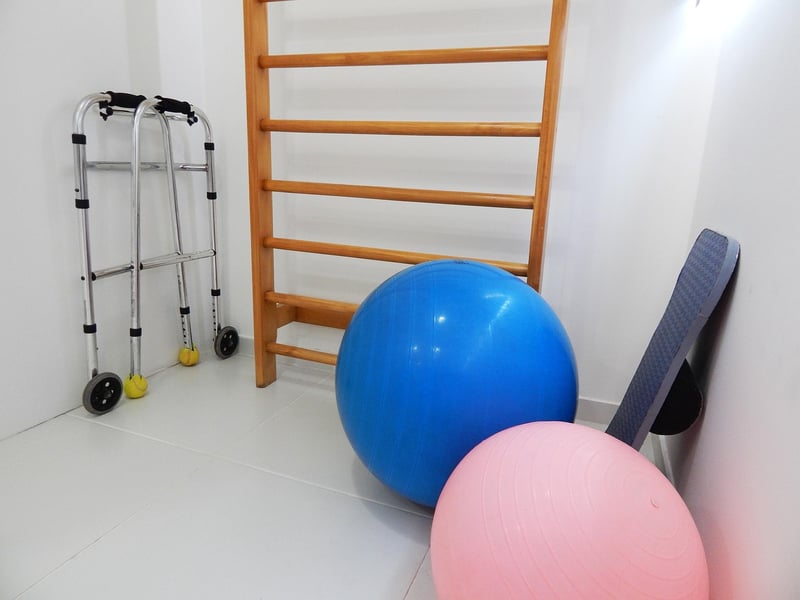Clinical Pilates
The Importance of Core Strength and Alignment in Clinical Pilates

Core strength and alignment play a crucial role in the practice of Clinical Pilates. Clinical Pilates is a specialized form of Pilates that focuses on rehabilitation and injury prevention by incorporating precise movements and breathing techniques.
Why Core Strength is Essential
The core muscles, which include the abdominals, back muscles, and pelvic floor, provide stability and support to the spine and pelvis. Strengthening these muscles is essential for maintaining good posture, preventing injuries, and improving overall performance in daily activities or sports.
Benefits of Clinical Pilates
- Improves core strength and stability
- Enhances spinal alignment
- Aids in injury rehabilitation
- Increases flexibility and range of motion
- Boosts body awareness and mindfulness
Alignment in Clinical Pilates
Proper alignment is key to maximizing the effectiveness of Clinical Pilates exercises. Maintaining correct alignment helps distribute the workload evenly across muscles, reduces strain on joints, and ensures optimal movement patterns.
How Clinical Pilates Helps with Core Strength and Alignment
In Clinical Pilates, exercises are tailored to individual needs and abilities, focusing on engaging the core muscles while promoting proper alignment. The controlled movements help strengthen weak muscles, lengthen tight muscles, and improve overall body awareness.
By practicing Clinical Pilates regularly, individuals can experience improved core strength, better posture, reduced pain, and enhanced athletic performance.

Whether you are recovering from an injury, looking to prevent future issues, or simply aiming to enhance your fitness level, Clinical Pilates can be a valuable addition to your wellness routine.
Consult with a qualified healthcare provider or a certified Clinical Pilates instructor to learn more about how Clinical Pilates can benefit your core strength, alignment, and overall well-being.
